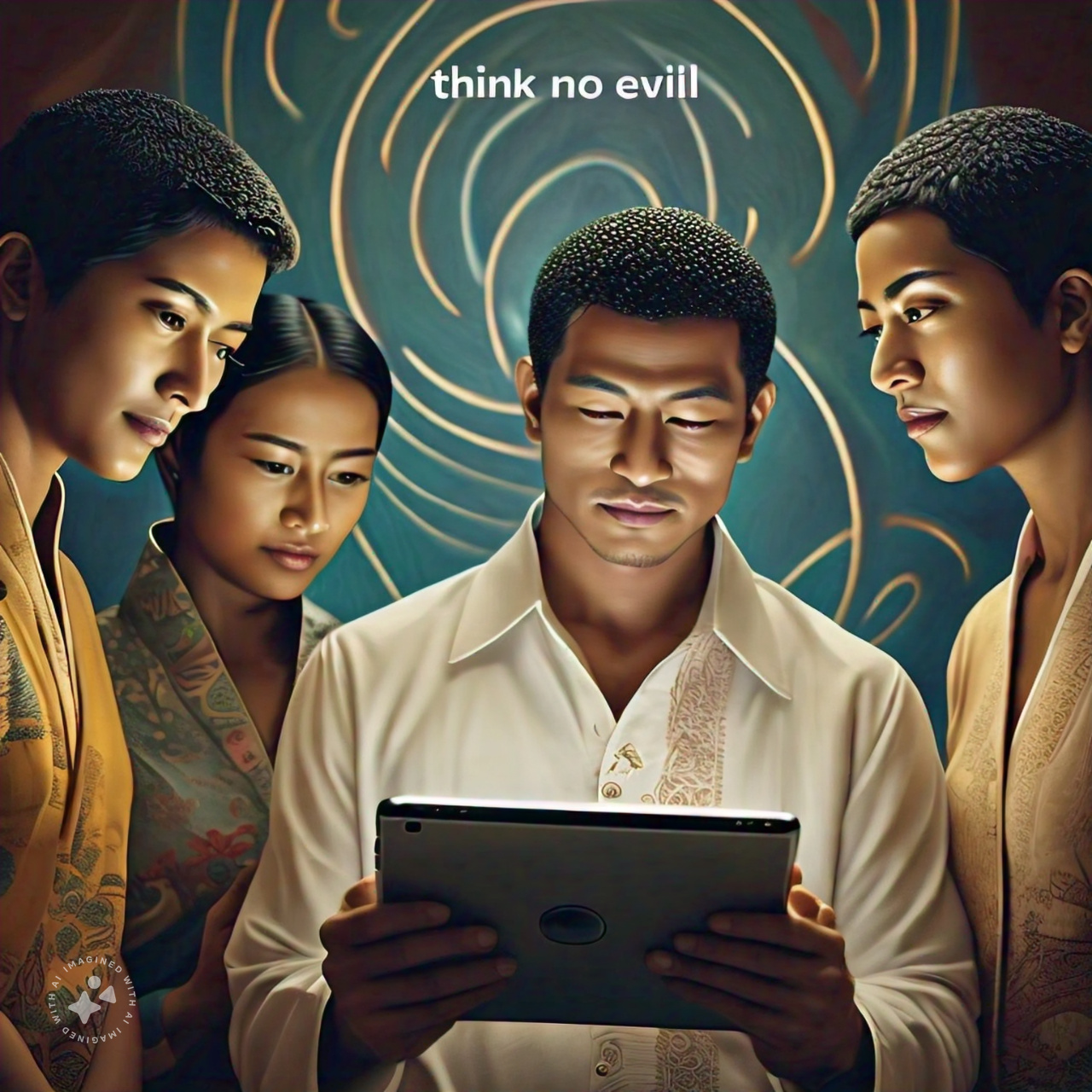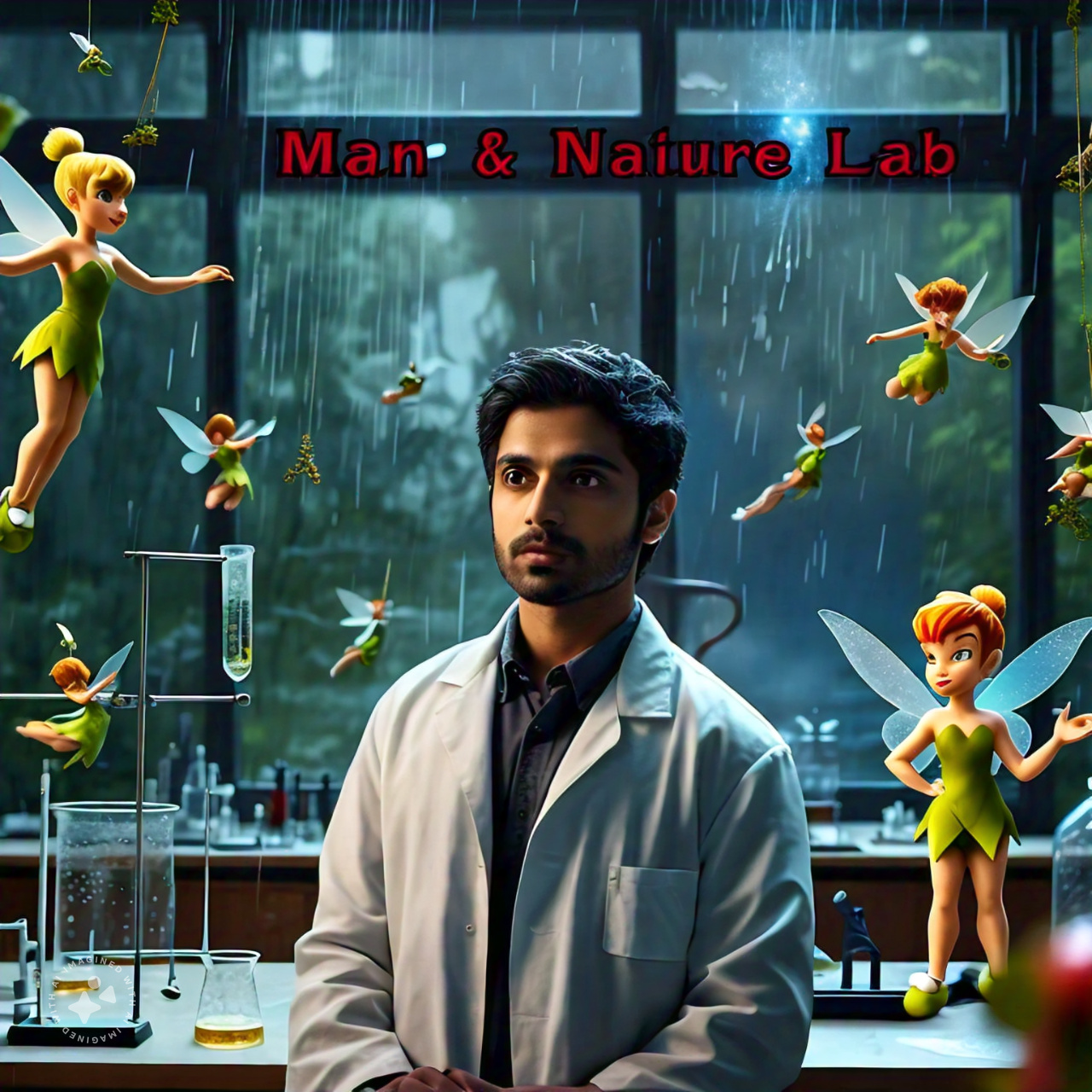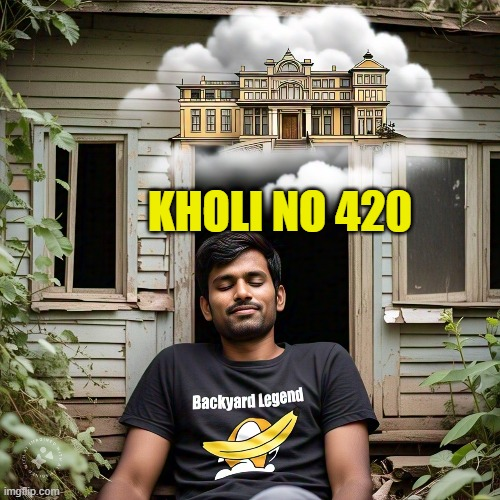Harnessing the Law of Increase: Achieving What You Desire
When exploring new ideas or opportunities in your career, one of the most effective steps is to seek advice from others. People, especially those who are successful, are often willing to share their experiences and insights. By reaching out, you can tap into a wealth of knowledge that can guide you toward achieving your goals.
The concept of the Law of Increase states that everything
has the potential to improve over time. Your skills, income, and assets are all
part of a natural upward trajectory. Embracing this principle means
understanding that life operates within a cycle of prosperity, and recognizing
this can significantly impact your mindset. By aligning yourself with this
universal law, you open the door to greater awareness that life is always
improving.
This mindset shift is crucial. A prosperity consciousness,
rooted in positivity and abundance, contrasts sharply with a poverty
consciousness, which is negative and limiting. To align with prosperity
consciousness, you must cultivate a belief system that embraces growth and
abundance.
One effective practice is to repeat affirmations daily to
solidify this belief. Three powerful affirmations to incorporate into your
routine are:
- I want – Clearly define your
goals and desires.
- I deserve – Remind yourself that
you are worthy of success and fulfillment.
- I can – Reinforce your
capability to achieve what you desire.
These simple yet powerful affirmations, repeated often, can help you internalize the belief that you are deserving of all the good things life has to offer.
We live in a world brimming with wealth, opportunities, and
prosperity. To tap into this abundance, you must have the courage to ask for
what you desire, knowing that you are bound to achieve it. Confidence and
clarity in your aspirations are key to unlocking the opportunities around you.
As Prakash J. Shah beautifully emphasizes, the universe is rich with possibilities. By aligning your thoughts, actions, and beliefs with the principles of growth and abundance, you can manifest the life you envision. The world is yours to embrace—ask boldly, believe deeply, and act with conviction, knowing that you are destined to succeed.
Listen to the Silent Music of the other
Heart"
Christmas is more than just a season of festivities; it is a profound celebration of connectedness—the connection of humanity with God and with one another. Yet, this connectedness is often expressed in ways that lean towards ritualism. Parties, family gatherings, and celebrations may help structure our time and create moments of joy, but they often leave us feeling isolated once the event is over. True connection lies not in what we do together but in who we are as individuals and as a community.
At its core, Christmas is a celebration of identity. We are not merely isolated entities or fleeting specks of cosmic dust held together by biological and chemical processes. Our existence is defined by relationships—the bonds we forge with one another in countless ways. Beyond this, we are spiritual beings, and our connections lose their authenticity when we fail to nurture our spiritual awareness. Often, we reduce our relationships to matters of convenience, manipulating our behavior to maintain appearances. Life becomes a race to function effectively, and when our mental or physical capacity falters, we are overwhelmed with anxiety and despair. This leads to a desperate struggle for control, leaving us in a state of inner turmoil.
True communion transcends the surface. If we experience loneliness despite being surrounded by others, it is a sign that we are not genuinely connected. In loneliness, as philosopher Laurence Freeman aptly describes, we may seek to dissolve our individuality within a crowd, yet the crowd itself can feel lonelier than solitude. A community of individuals without true connection is merely a collection of egos vying for advantage, bound by superficial rules that enforce conformity and stifle authenticity. Genuine community arises when we embrace our unique identities while discovering the deeper bonds that unite us.
Christmas reminds us that God is with us, but to truly find Him, we must move beyond external forms and rituals to the essence of being—the substance of life itself. Connection happens when we see the divine in the most challenging circumstances: when a caregiver tends to a body broken by illness, when a mother recognizes her child beyond physical disfigurement, when we acknowledge the dignity of those who have suffered profound violations, and when we connect with the poor and marginalized purely because we share the same life that flows from God. In these moments, we encounter the Saviour. This is the essence of Christmas: discovering God dwelling within us and celebrating His presence through authentic connection.
The timeless carol Silent Night beautifully captures this essence, speaking of the quiet presence of God. To truly connect, we must listen—to the silent music of another’s heart. By tuning into their rhythm and responding with our own, we create a harmony that binds us together in communion. This oneness, born of genuine connection, is the true gift of Christmas—a celebration not of fleeting rituals but of enduring bonds that reflect the divine within us all.
IF HE EXIST
I drive joy there
was a doctor in Benaras who spent 7 minutes in the morning and evening for
mediation on God. Knowing this, his colleagues and friends laughed at him. One
day they argued that he was wasting 7 precious minutes on something, which he
had been misled into believing. The doctor replied, “Well, if God does not
exist, I agree that I am wasting 7 minutes a day. But, if He exists? I am
afraid you are wasting your entire lifetime. I prefer to waste 7 minutes rather
than a lifetime. Why should you grudge me the 7minutes joy that I derive 4m.-










































